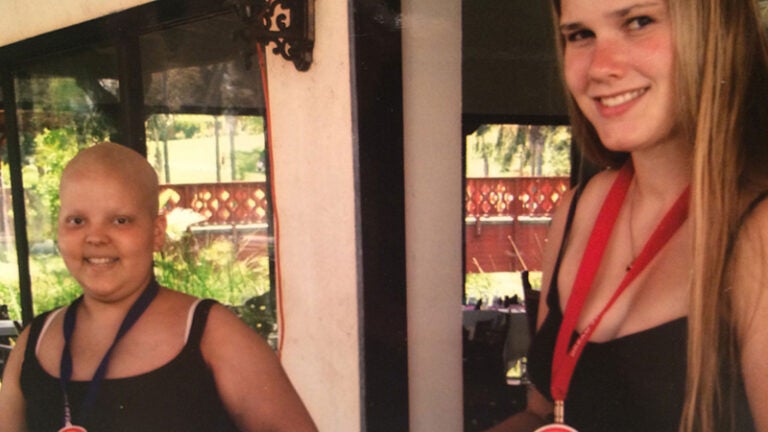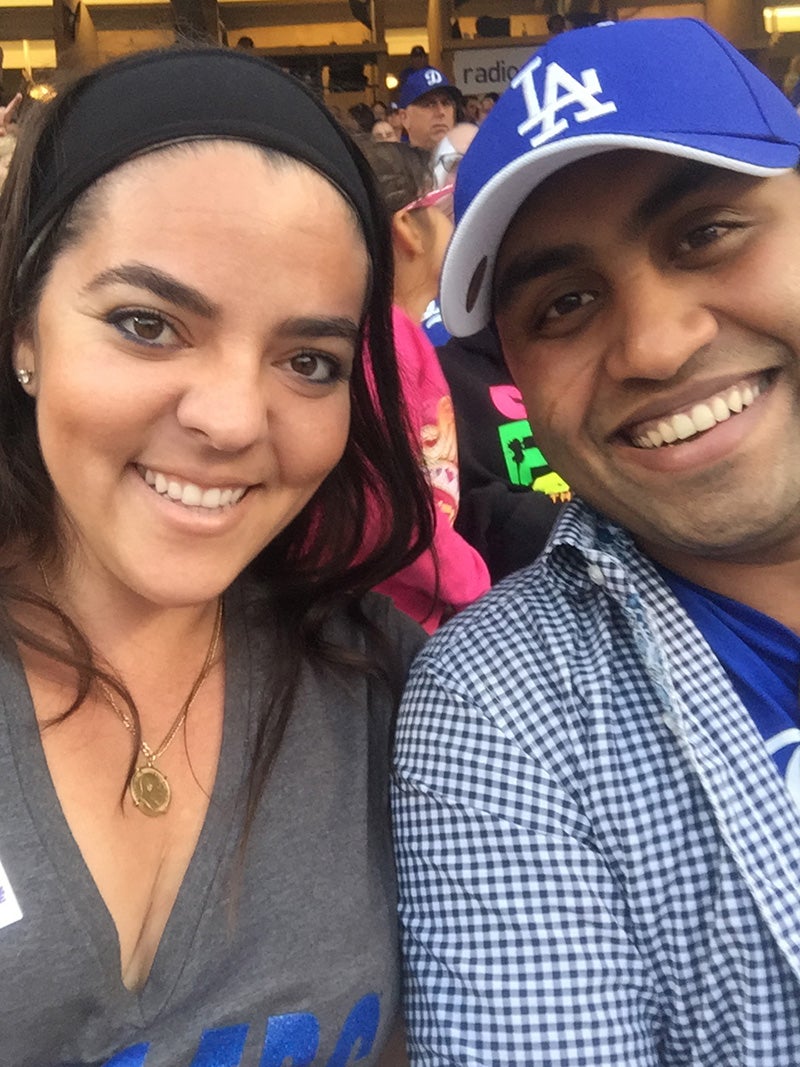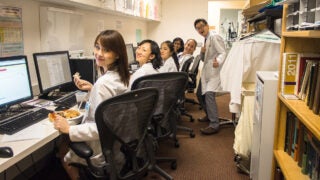
Timely Advice Protects a Cancer Survivor’s Dreams of Starting a Family
A decade after surviving lymphoma as a child, a young woman gets critical guidance from a USC doctor about her fertility.
Aviana D’Souza remembers picking out names for her kids before she reached high school. That’s how much she wanted a family of her own one day.
But in her early 20s, her doctor told the childhood cancer survivor something that turned her dreams into doubts. D’Souza had completed eight rounds of chemotherapy and two weeks of radiation when she was 11 to send her stage 4 Hodgkin lymphoma into remission. She had no idea the treatment that saved her life might affect her ability to get pregnant.
“It was not at all on my radar,” she says. “When he brought that up, it was a blow. There was some self-pity — here’s another thing I have to deal with because I had cancer.”
USC has an interdisciplinary center dedicated to research on health, quality of life and well-being among young cancer survivors.
D’Souza isn’t alone in facing unexpected challenges as a young cancer survivor. Each year, more than 70,000 people in their teens, 20s or 30s are diagnosed with cancer in the United States. With advances in treatment, many of them recover. But the impact of cancer treatment on their lives sometimes lingers, from delays in their education and career to ongoing health concerns, including infertility.
Fortunately, D’Souza has an expert on her side: David Freyer, a pediatrics professor at the Keck School of Medicine of USC. He’s part of a team of specialists at Children’s Hospital Los Angeles and USC Norris Comprehensive Cancer Center who help young people navigate life after surviving cancer in adolescence or young adulthood.
Fertility After Hodgkin Lymphoma: A Timely Warning Safeguards Family Plans
As she grew up, D’Souza leaned on the team regularly for support with her physical and mental health and overall well-being. But she is especially grateful that Freyer encouraged her in 2012 to see a cancer and fertility specialist. She learned she might only have a few years left to become pregnant. She wasn’t ready for kids yet, and freezing her eggs came with an $11,000 price tag that was out of reach.

Thankfully, her boyfriend at the time insisted on paying for the procedure. Now married, she and her husband, John, recently started trying for kids. D’Souza acknowledges the journey will be tough — after getting pregnant last year, she had a miscarriage.
“The heartbreak is real and still pretty raw, but the good thing is I actually got pregnant naturally,” the 31-year-old says. “That was not expected. It also made me even more happy to have a backup plan.”
She says they will try for a natural pregnancy again soon, but it brings them peace of mind to know her frozen eggs are available if needed, thanks to Freyer’s timely advice.
“I cannot be more grateful for the care and help and attention that he and his team give me,” she says. “He is a part of my family and my heart. We are patient and doctor on paper, but the emotional weight and place he holds in my life is so much more.”



